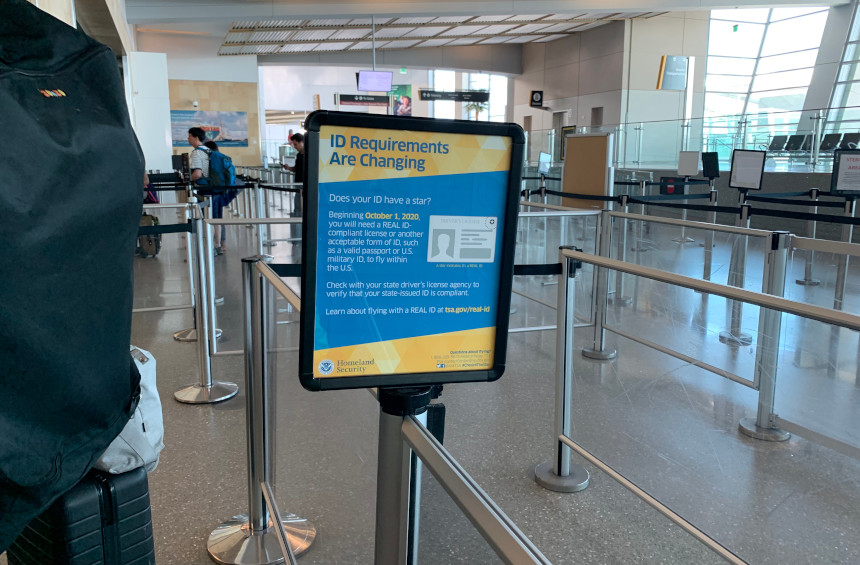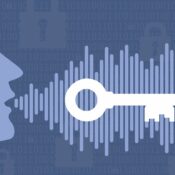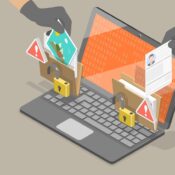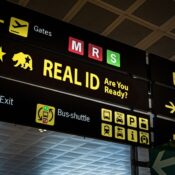Steve Weisman is a lawyer, college professor, author, and one of the country’s leading experts in cybersecurity, identity theft, and scams. See Steve’s other Con Watch articles.
The most effective scams are the ones that capitalize on real issues that affect you. The past year saw a proliferation of scams related to the Coronavirus pandemic. Soon, most people in the U.S. will need to obtain a driver’s license that is REAL ID compliant, making the process a perfect breeding ground for scammers.
REAL ID is a new version of your driver’s license mandated by federal law. The REAL ID Act established new security requirements for driver’s licenses and identification cards with which all states must comply. You will eventually need the REAL ID version of your license if you wish to board an airplane or enter certain federal facilities, although you can still do so without a REAL ID if you have a passport.
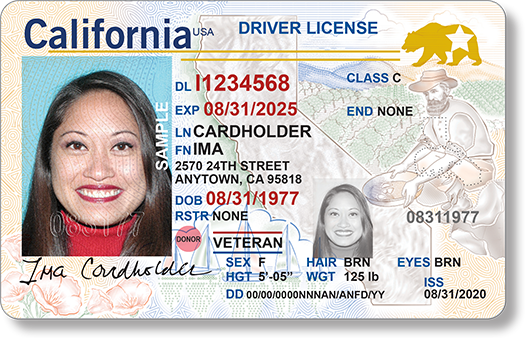
October 1, 2021, was the original date by which you had to get a REAL ID; however, the deadline has been postponed until May 3, 2023 due to the Coronavirus pandemic. This is good news because it gives you more time to get your REAL ID, but it’s also bad news because it gives criminals more time, too. Here’s how the scam works: Someone contacts you posing as a government official seeking your personal information under the guise of helping you apply for your REAL ID. Their real purpose is to harvest your personal information and use it to make you a victim of identity theft.
The scam is turning up in many forms such as emails, text messages and phone calls in which you are urged to provide sensitive personal information. You may be asked to click on links taking you to websites that appear to be official where you may unwittingly download malware or be prompted to provide personal information.
No states are initiating contact with people by emails, text messages, or phone calls asking for personal information to apply for your REAL ID. Remember, you can never be sure who is really contacting you even if the email address, phone number or caller ID looks legitimate. This is why you should never provide personal information or click on a link in an email or text message unless you have absolutely confirmed that the communication is authentic.
The FCC’s new STIR/SHAKEN protocol that is supposed to identify fraudulent calls may lead you to believe that you can now trust the name that shows up on your caller ID. Unfortunately, this spoofed call identifier only works against domestic calls, and even then it is not 100 percent effective. And it doesn’t work at all against calls made from foreign countries, where many scams originate.
Sometimes, you may be able to pick up on obvious (or not so obvious) mistakes in the communications sent by scammers. For instance, recent text messages to residents of Illinois purported to be from the Department of Motor Vehicles. The mistake is that Illinois does not have a Department of Motor Vehicles. The name of its agency is the Department of Driver Services. In any event, if you receive a communication pertaining to REAL ID, your best choice is to contact your state agency that deals with them at an email address or phone number you know is legitimate.
Featured image: 1000Photography / Shutterstock
Become a Saturday Evening Post member and enjoy unlimited access. Subscribe now
